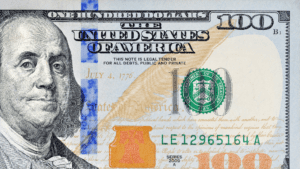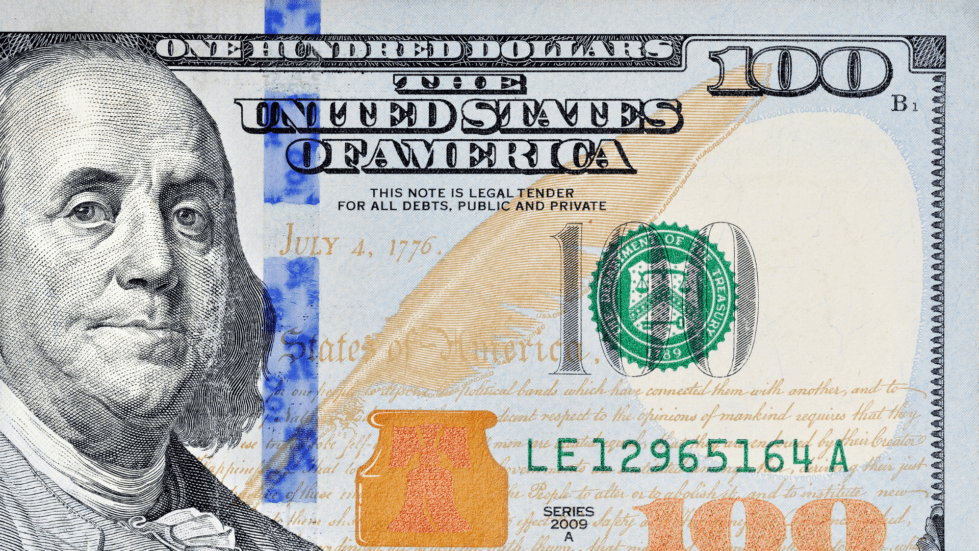
The state House moved to designate last year’s $300 relief checks as disaster payments, so Delawareans don’t have to pay federal tax on the money.
If a bill approved Thursday by the Delaware House of Representatives succeeds, residents won’t have to pay state or federal taxes on the $300 rebates issued last year.
House Bill 25 would designate that money as qualified disaster payments and therefore untaxable.
The 2022 Delaware Relief Rebate Program was a one-time direct payment of $300 per Delaware resident taxpayer who filed personal income tax returns for tax year 2020 and adult residents who did not file a 2020 tax return.
It was not subject to Delaware income taxes. However, the payment still could be federally taxed under the original version of the law.
The payments came after Republicans started hammering about the need to return money to tax payers after the state had two banner years for budget surpluses. It was especially important, Republicans said, in 2022 as inflation battered residents last year and gas prices kept rising.
The bill that finally authorized the payments came through the Democrats.
“The rebates were already excluded from state income tax and this bill, once enacted, will ensure that Delawareans will not owe any federal tax on the payments either,” said House Minority Leader Rep. Lyndon Yearick, R-Camden, Wyoming, in a press release.
Tax rebate protection
He said he hoped the General Assembly “can retain the bipartisan cooperation demonstrated on this measure as we look to further help working Delawareans struggling with higher inflationary costs.”
“We are going a step further to protect them from having to pay federal taxes on those payments,” said bill sponsor Valerie Longhurst, D-Bear. “It’s another move we can make to help Delawareans, and it’s the first action of what I hope are many to provide a hand up to residents in need.”
The state has sent 782,000 checks to Delawareans, with more payments being made this month.
RELATED STORY: Did you receive your $300 tax rebate?
RELATED STORY: Longhurst starts Day 2 of session with apology
Because the money will be deigned a disaster relief payment, it legally can be excluded from a person’s gross income, saving residents from paying taxes on the $300.
The program was estimated to cost more than $180 million, which was funded through a budget surplus.
“The past couple of years have been hard on Delaware families,” said Senate Minority Leader Gerald Hocker, R-Ocean view. “I am proud of the work the General Assembly did in coming together and passing much needed relief to help combat rising fuel costs, inflation and the overall tough economic circumstances Delawareans found themselves in.”
HB 25 now heads to the Senate for consideration.

Betsy Price is a Wilmington freelance writer who has 40 years of experience, including 15 at The News Journal in Delaware.
Share this Post




